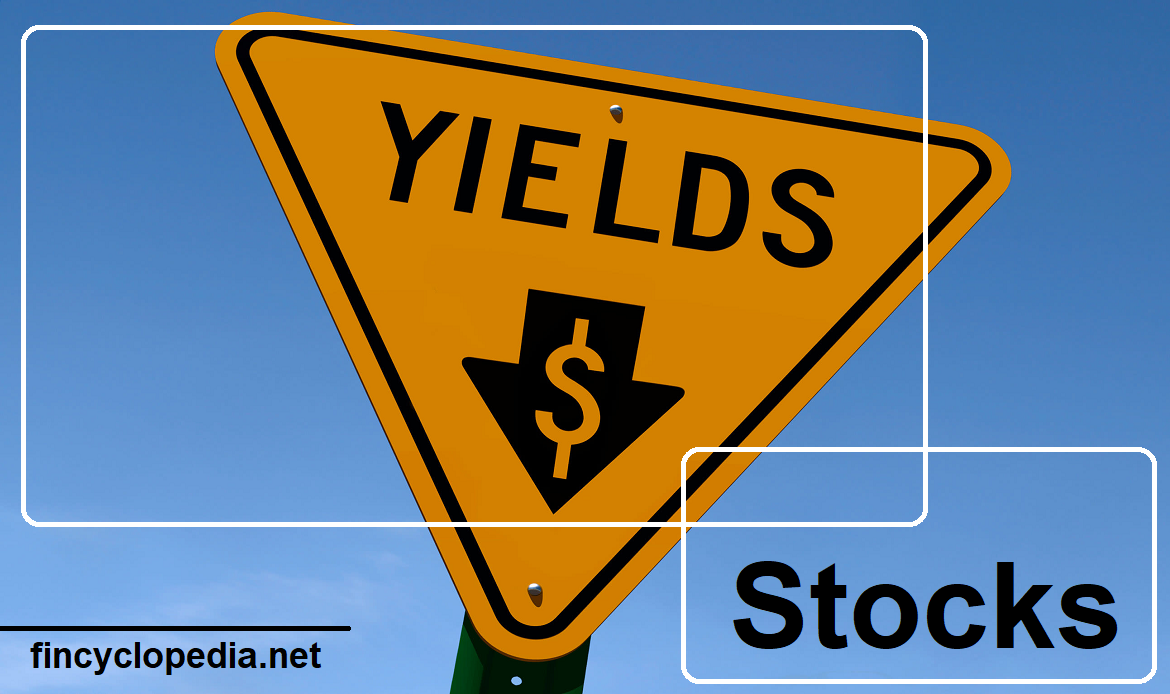Stock yield is the rate of return for a stock is calculated as its dividends per share divided by its price (stock price), all multiplied by 100. Most often, a yield will be expressed as a yearly percentage of either the value of the original amount invested (paid for holdings of a share), or of its current market value.
In equation form, it is given as:
Stock yield = (dividends per share/ stock price) x 100
As a measure of value creation, a stock yield is key for determining the growth of an investment in stocks. It is a popular method among value investors in their search for stocks with strong growth potential.
Stock yield is calculated in two ways: stock return (absolute measure) and rate of return (relative measure). Return is usually defined as an amount of dividends produced at the current share price. Rate of return expresses yield as a percentage, and is calculated by subtracting the initial value of the investment from its final or terminal value and then dividing the outcome by the initial value. It is then multiplied by 100 to obtain the percentage value.
The following example illustrates how a stock yield is calculated: John is considering investing in a stock, and in order to make up his mind, a yardstick has to be used (specifically, the annual yield on the stock). If the stock is trading at $55 and pays an annual dividend of $4.5 per share. The stock yield is calculated by dividing the annual dividend by its share price, and the product is expressed as a percentage:
Stock yield = (dividends per share / stock price) x 100
Stock yield = ($4.5 / $55) x 100
Stock yield = o.0818 x 100
Stock yield = 8.18%
The stock’s yield is 8.18%. Holders of the stock’s shares will be paid 8.18 dollars for every 100 shares they own.







